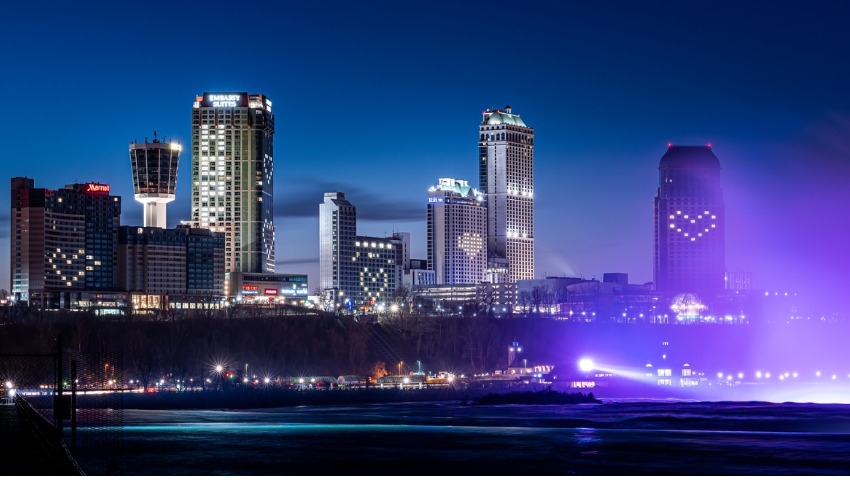In the post-Covid world, planners, hoteliers and businesses will have to decide how to move forward with meetings and events. This week, David Bruce, founder and executive director for Alliance of Independent Meeting Professionals, hosted a virtual discussion to figure out just how to do that. Members of the group shared ideas and insight into what a “new normal” might look like. Here is what we learned by listening in.
Hotels
A concern repeated many times was the now off-kilter room-to-space ratio—square footage per guest based on the number of guest rooms and the total square footage of meeting rooms—at hotels. To limit concerns over coronavirus, guests will need to be seated further apart than previously, meaning that hotels and resorts will not be able to accommodate as many attendees as before.
With these new guest limits, planners want hotels to adjust their space allocations so that RFPs can reflect these new limitations. To help planners navigate these changing accommodation limits, allseated has updated the venues on its platform to give social-distancing options on floor plans.
Discussing safety at events, participants suggested taking the temperature of staff and guests upon arrival. Additionally, offering the option for those who do not feel comfortable showing up in person to attend virtually will be necessary.
Several planners raised the issue of the trust that must be given to hotels and venues where safety procedures are concerned. With protocol guidelines differing by state, region and country, planners will have to work closely with host properties to ensure that their clients feel comfortable and safe.
While some hotel chains, such as Caesars Entertainment, are planning to open by the end of the month, knowing when meetings and events will resume is still largely up in the air.
Food and Beverage
F&B was touched upon in discussion relating to hotels and restaurants. At hotels, planners agreed that pre-packaged food options will become popular, but also that buffet and table service will likely still be available where possible, with modifications to address safety concerns.
New distancing regulations in restaurants mean that group reservations might become increasingly difficult to secure, so planners will have to rediscover how to provide private dining and restaurant-quality F&B to their guests.
Extra Costs
All these changes, especially those that minimize the number of guests allowed in restaurants or meeting spaces, mean that meetings will likely become more expensive. Surcharges for extra staff to ensure a clean environment and social distancing measures might appear, even as some planners are experiencing cancellation fees for meetings cancelled due to the pandemic.
More: MGM Roars with a ‘7-Point Safety Plan’
Moving Forward
When meetings pick back up again, perhaps as soon as this fall, focus will be on smaller, regional-size events rather than large, national gatherings to ensure that venues can safely accommodate guests. Planners agreed they should take every reasonable safety measure, while also making sure to get consent from attendees before taking their temperatures or collecting health data. The option to attend events remotely was underscored as a key component of meeting going forward.
Because restrictions and regulations will differ by state, planners will need to understand and adhere to regional guidelines. Legal issues aside, however, the bottom line for planners was the comfort level of their clients and attendees.




